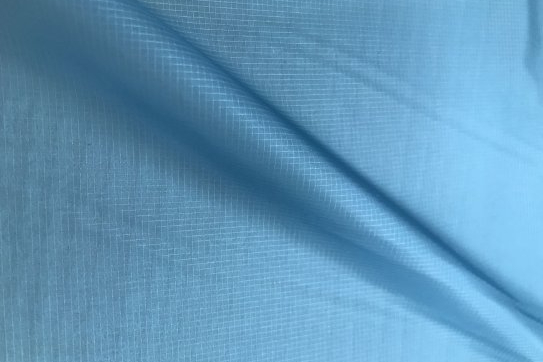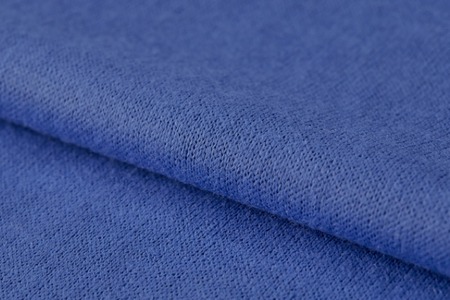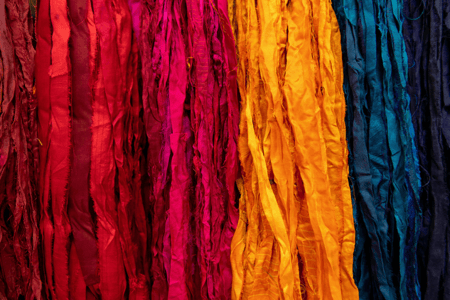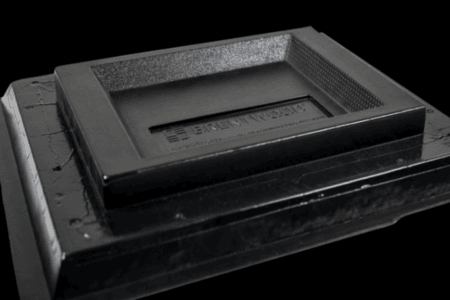
Toray develops Ecodear™ N510, a 100% plant-based nylon
YarnsandFibers News Bureau 2022-01-25 18:16:16 – JapanToray Industries, headquartered in Tokyo, Japan, has developed a nylon 510 (N510) fiber that incorporates 100% ‘biobased synthetic polymer content’, as defined by ISO 16620-1: 2015, the international standard for the biobased content of plastics.
Ecodear™ N510, will be the first 100 percent plant-based nylon fiber in Toray’s Ecodear™ lineup.
Ecodear™ N510 has a wide range of potential applications as a long-term offering for high-end markets, according to the company. They include lightweights, cut-and-sew fabrics, and innerwear lace materials, and are generally used for sports and outdoor fabrics.
Toray plans to start selling Ecodear™ N510 textiles in the fall/winter 2023 season, with an initial production volume of 200,000 meters expected by the end of March 2023, increasing to 600,000 meters in March 2026. Autumn/Winter 2023-2024 is the target season for Ecodear N510 fiber sales, with a monthly supply of three metric tonnes expected in the year ending March 2024.
Toray was the first company in Japan to produce nylon in the early 1950s. The fiber's remarkable flexibility, durability, wrinkle resistance, and washability have been reflected in apparel and other broad applications over the years.
Toray already offers polyester, nylon, and other polymers that are partially made from plants. By polymerizing sebacic acid from castor-oil plants and pentamethylenediamine from corn and spinning waste, it created Ecodear N510.
Ecodear N510, unlike other fully plant-based nylons, has a high melting point and excellent dimensional stability. According to the firm, it is as robust and heat-resistant as nylon 6.
Toray is attempting to combine a number of patented technologies in order to make future fiber advancements, such as making them thinner and lighter or increasing functionality by altering cross-sectional forms.
Market Intelligence
Ask for free sample Report

experience
Customer Base
dedicated team
Countries Served Worldwide









